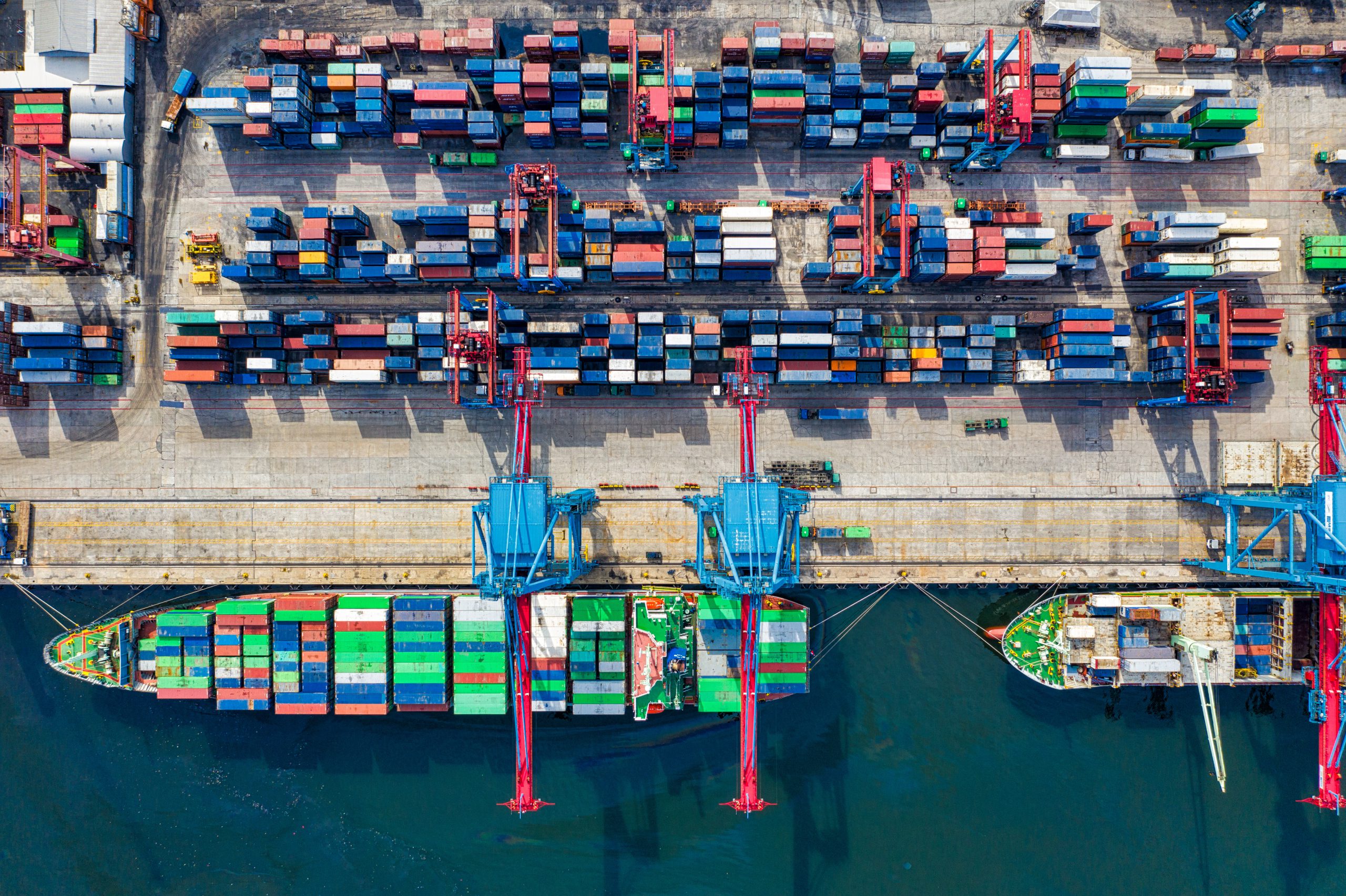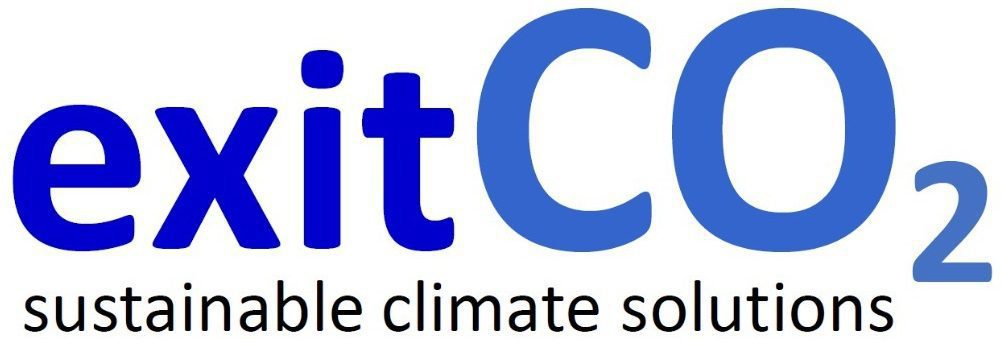Hydrogen Power
Climate change
We know climate change is caused by pollution. A key factor of this man-made pollution is CO2, which is released into the atmosphere by burning oil and fossil fuels for living and transportation.
Since humankind is using up these resources at an unprecedented rate, global warming also advances at a rate not seen before in the entire history of our planet. So, depending on how we use our resources, we can influence the severity of climate change.
But what if we would cut all CO2 emissions?
We believe in hydrogen!
Because we need a holistic concept: from start to finish the energy production, transport and consumption must be CO 2 neutral.
Hydrogen fits these criteria and could easily be produced out of water, which covers 71% of the earth’s surface.
Imagine how hydrogen is being generated and compressed near at the solar power plant and then shipped with a hydrogen fueled vehicle to the consumer. Everything is completely CO 2 neutral and climate friendly. What a world!

How can you shape the future?
The answer is exitCO2. We help you to make change happen.
Our vision is to push for an emission free future. As the name already suggests we strive to do our part to combat climate change by helping your company in the mission for global decarbonization.
Are there any prototypes from people who share this vision?
> Yes, there are some prototypes using hydrogen, aircrafts for instance. Since hydrogen contains 2.8 times the energy of kerosene based on mass, a hydrogen aircraft with the same range would require considerably less fuel than current machines.

> And yes, there is also another prototype: the world’s first fuel cell passenger boat was the Hydra, which was built to transport 22 people in Amsterdam
> And what is about trains? In July 2019, a big French train builder company announced after driving more than 100,000 km with hydrogen trains that they would scale up their hydrogen train production till 2021
> Beyond that hydrogen is advances in common applications too. A big Japanese car manufacturer says they will produce 700,000 fuel cell systems annually by 2030. About 500,000 of these would be for personal or commercial use, the rest for heavy equipment such as forklifts and ships, and some for drones.
